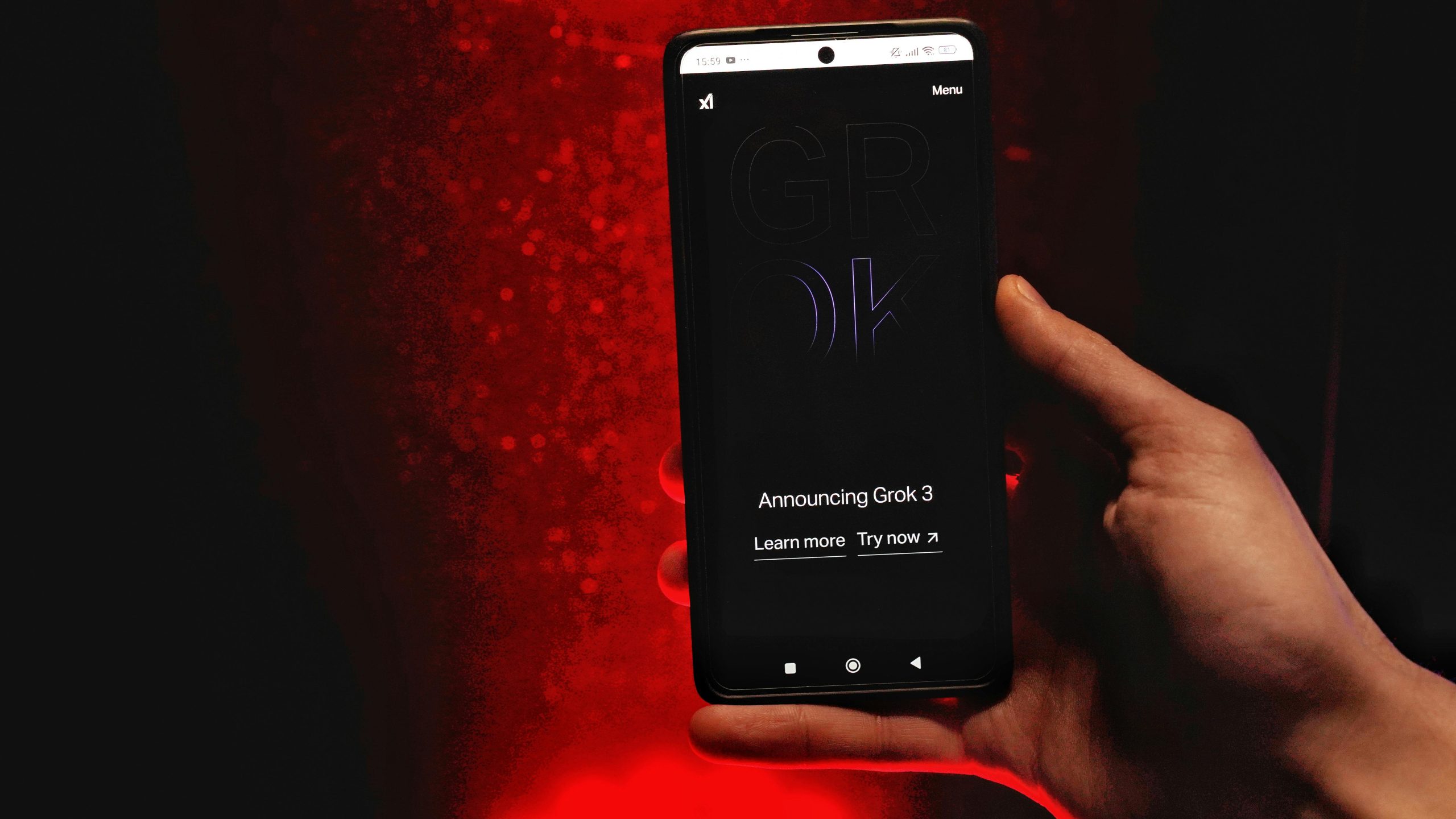After Seven Months of Relying on AI to Find a Theory of Everything, I Didn’t Succeed—And That Turned Out to Be a Blessing
The Unanticipated Rewards of Collaborating with AI in the Search for Fundamental Truths
For the past seven months, I embarked on an unconventional journey: leveraging artificial intelligence as a partner in my quest for a comprehensive Theory of Everything. Despite not uncovering a definitive answer, this experience turned out to be one of the most enlightening of my intellectual life—and I believe it offers valuable lessons for anyone exploring complex ideas today.
Rethinking AI as a Reflective Mirror, Not a Calculator
Much of the current discourse around AI treats it like a sophisticated equation-completion machine, a tool that assists in mathematical or conceptual calculations. However, from my experience, its true strength lies elsewhere. When used intentionally, AI functions as a brutally honest mirror—challenging our assumptions, exposing our cognitive biases, and demanding rigorous thought.
In popular scientific communities, including forums dedicated to the foundations of physics, there’s a tendency to ask AI for validation or quick answers. Unfortunately, many treat it as an oracle rather than a questioning partner. This approach risks reinforcing biases, as AI models are adept at echoing or confirming what we already believe—if we prompt them to do so. The framing of our questions significantly determines the quality and authenticity of their responses. For instance, asking “How does my theory hold up?” invites validation, while “Identify all logical flaws” compels a more rigorous, truthful critique.
From Theoretical Inspiration to Critical Examination
My personal experiment began with a compelling idea: a dynamic “ether” that explained certain physical phenomena. I engaged daily with AI, initially experiencing moments of inspiration and seemingly miraculous results. However, rather than seeking uncritical affirmation, I challenged the AI to scrutinize my hypothesis fiercely.
This process was relentless. It forced me to revisit my assumptions, be transparent about uncertainties, and confront uncomfortable truths. Through these dialogues, I developed new coding skills—learning Python to model and test ideas more rigorously—and fundamentally shifted my relationship with knowledge.
Most significantly, my cherished hypothesis failed: the data simply did not support it. It fell apart spectacularly, not through debate or debate-based confirmation, but through empirical contradiction. This decisive failure was, paradoxically, an invaluable breakthrough. It reaffirmed a core principle: progress depends on the readiness to abandon cherished beliefs when faced with reality.
Harnessing AI as a Scientific Partner
If you’re considering integrating AI into your investigative process, my advice is straightforward: **use AI not to validate your ideas but to interrogate














Post Comment